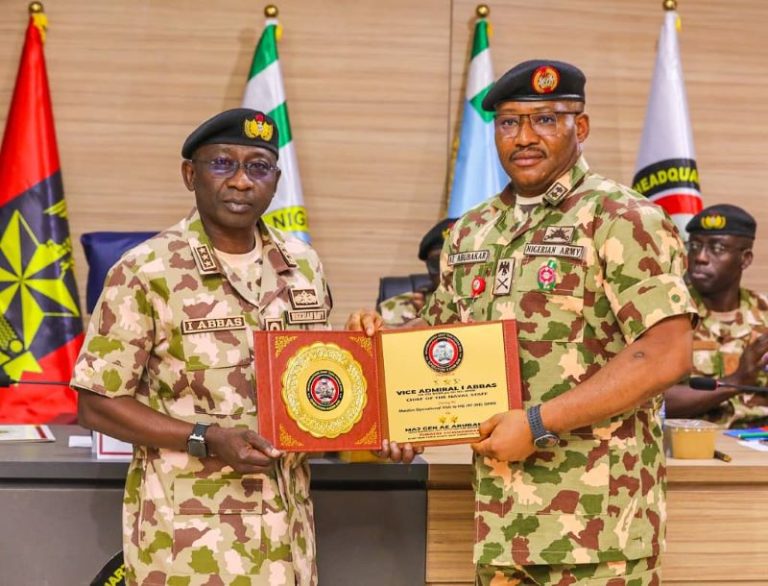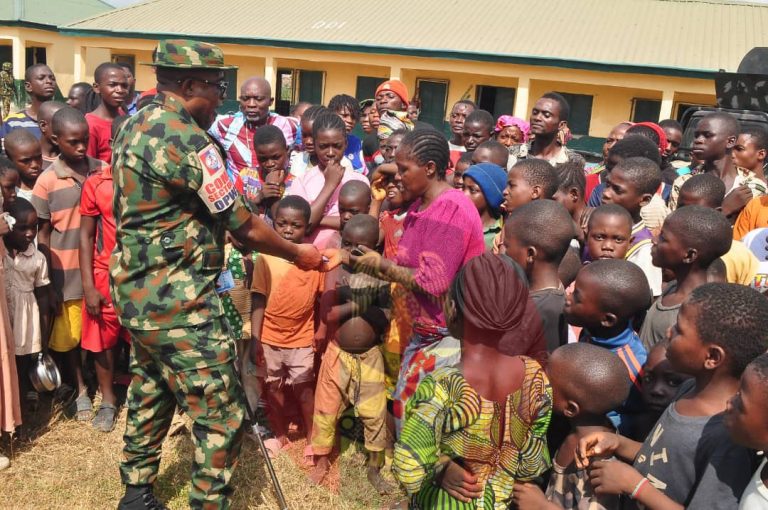The political intrigues for the 2023 general elections have risen to a high pedestal as candidates for the various elections have embarked on extensive political marketing of their policies, manifestos, leadership capacity, and personality.
The battle for the successor of President Muhammadu Buhari in the February 25 election has engulfed the political horizon of Nigeria with a raving wave. Top on the presidential race are former Vice President Atiku Abubakar of the Peoples Democratic Party (PDP), Peter Obi of the Labour Party (LP), and Asiwaju Bola Tinubu of the All Progressives Congress (APC).
The top three presidential candidates have remarkably differentiated themselves in portraying their personality profile, the ideological fault line of their respective parties, and policy blueprints or manifestos.
Significantly, the public institutions responsible for election administration in Nigeria – the Independent National Electoral Commission (INEC), and the various security agencies – have been reassuring of readiness to conduct free, fair, credible and transparent elections in 2023.
Ultimately, Nigerians, essentially, voters, have been monitoring and evaluating the various candidates and their political parties towards guiding their choices at the polls in February and March.
Paradoxically, the record or achievements or failure of the APC government under the leadership of President Muhammadu Buhari may be critical to the decisions of Nigerians to continue with the APC government or otherwise.
Curiously, however, virtually all the presidential candidates are campaign and promising ‘change’, giving more credence to profound economic and political reforms. These reforms reflect the emotions of Nigerians for a new order, considering the hardship and difficulties Nigerian citizens are being plagued by the flawed policies of the current APC government. These are beside the data from the National Bureau of Statistics (NBS), demonstrating unprecedented rise in poverty engulfing over 130 million Nigerians, the potential N77 trillion debt stock, intractable insecurity, hyper-inflation, uncontrollable unemployment rate, beside others.
The emotions for change and the inclination of the leading presidential candidates to socio-economic reforms for a “new Nigeria’ pulled justification from the deplorable socio-economic statistics of the NBS and the physical hardship and suffering in the country.
In conceiving approaches to policy reforms, the presidential candidates adopted divergent ideological leanings, all shifting towards market economy in varying degrees.
The PDP presidential candidate, Atiku Abubakar, is inclined to liberal conservatism with slight shift to the Leftist ideologue, providing a Moderate ideological stance marginally away from the Rightists in the party.
The APC candidate, Tinubu, while leaning towards the leftist liberal conservatives in the party, still professes some elements of the Rightist reactionary conservatives portrayed by the power bloc of President Buhari.
The LP candidate, Peter Obi, has shown passion for neo-liberal ideological leaning, a complete departure from the existing order. Obi is leading Nigeria to revolutionary elections, away from the entrenched evolutionary leadership transition in the country since 1960.
Atiku made a significant policy promise to adopt the Government of National Unity (GNU), in the formation of government after the election. He also promised devolution of powers. These are rational political models for managing conflicts, instability in a country.
Atiku’s economic blueprint on promoting domestic production and encouraging exports, are significant steps to boosting production, manufacturing and wealth creation, reinforced by active participation of the private sector, which multiplier effects could be employment generation, poverty eradication and indirect mitigation of violent crimes and agitations.
The $20 billion infrastructure development debt fund is a remarkable stimulus for capacity building and capacity utilisation of the various sectors of the domestic economy, including electricity generation and distribution.
Tinubu, on the other divide, promises economic reforms to the market and export economy. However, he is silent on the Government of National Unity (GNU), indicating that he would retain the reactionary politics of winner-takes-all – the Westminster model of the United Kingdom – unwilling for power sharing. Also, Tinubu conceives of a stronger government role in the economy, with personal commitment to a welfarist state.
Peter Obi of the LP, aligns with the policy blueprint of Atiku, but adopting extreme neo-liberal positions to create a new Nigeria.
While Atiku and the PDP are on rescue mission, Tinubu of the APC is promising “Renewed Hope” and a better Nigeria; and Obi and the LP are on revolutionary voyage to dismantle the existing order and recreate a new Nigeria.
At individual levels, both Atiku of the PDP and Tinubu of the APC are facing the burden of distrust from Nigerians towards the 2023 elections. This distrust culminated in the rising populism momentum for Peter Obi of the LP across the country. While Atiku and Tinubu have developed strong political structures to prosecute elections, Obi has a political premium on the high populism support base from the emotional consciousness of citizens who have taken ownership of the process.
Atiku, though, has notable goodwill, he has to contend with the rise of the Leftists in the PDP led by Governor Nyesom Wike of Rivers State, including Governors Samuel Ortom of Benue, Seyi Makinde of Oyo, Ifeanyi Ugwuanyi of Enugu, Okezie Ikpeazu of Abia, and other allies, demanding the resignation of the PDP National Chairman, Dr. Iyorchia Ayu.
Also, Atiku has to contend with the rising anti-Fulani sentiments in the South, including the undying agitation for zoning of the presidential ticket to the South.
Tinubu, though, has enormous resources and structure to influence decisions, he has certain burdens which include perceptions or controversies over the APC Muslim-Muslim ticket, his education records, age, health and physical fitness.
Obi has less social burden being considered a fresh entrance into Nigerian national leadership, and a private sector-created politician considered immune from corruption.
On leadership scale, Atiku has developed experiences in the public and private sectors, with huge private sector investment. Tinubu has more years of experience in regional politics and government. He was significantly brought to the centre after his party, Action Congress of Nigeria (CAN), became the leading opposition in the National Assembly in 2011. Tinubu utilised the ACN political fortune in negotiating the APC alliance towards the 2015 general elections on which platform he is currently contesting for President. He was a former Governor of Lagos State.
Obi was the vice-presidential candidate for Atiku in 2019. He built his career in the private sector before becoming the Governor of Anambra State. Obi is celebrated for prudence, honesty and focus. His major challenge may be the perceived absence of political structure, but he has goodwill and enjoys populist support.
In all, Atiku has a seeming edge with a vote stock of over 11 million to his credit in the 2019 presidential election. However, Obi might have taken some of the votes to the LP, beside the threats from the PDP G5 states.
Meanwhile, INEC records show that the various candidates would be competing for the choice of 93.5 million voters in the 36 states of the Federation distributed in the North/South dichotomy.
The renewed phenomenon in the 2023 elections is the latent revisionist process to old tradition of power competition between the South West Yoruba, Northern Fulani/Hausa oligarchy and the South East Ibo elite. However, strengthened inter regional alliances and coalitions in party membership is subtly playing down the revisionist tendencies.
In February and March, Nigeria will have significant dates with history in the political development of the country.
https://any.peopleandpowermag.com/nigeria-2023-battle-for-the-throne/




